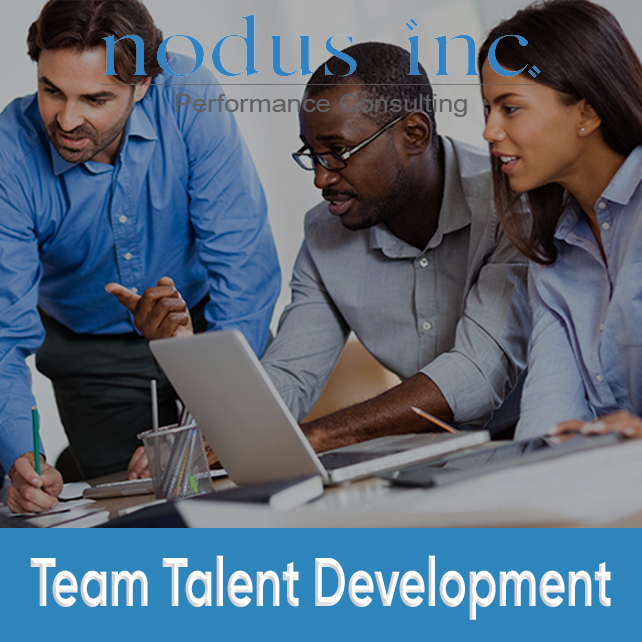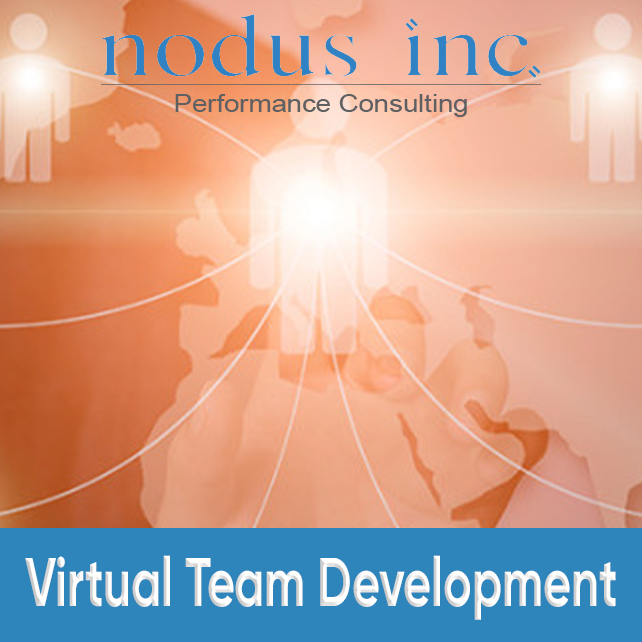LEADERSHIP DEVELOPMENT
Leadership Development
Leadership Development Program
In today’s competitive marketplace, leadership development is essential to the success of an organization. Companies are making it a priority to identify current and future leaders and invest in their leadership talent development. Effective leaders need to be able to manage their time effectively, understand their team members, manage conflict, motivate employees, and manage employees’ performance.
Program Goals
The goal of our Leadership Development Program is to develop management and leadership skills in organizations’ current and future leaders to enable them to successfully motivate and manage their teams. This leadership development will lead to growth and profitability for the company.
Program Goals
Our Leadership Development Program is designed with bi-monthly one-day training sessions in order to provide ongoing leadership talent development and application of these skills to the work environment. Each session will include up to 15 managers, supervisors or high potential employees. After each training session, the managers will be given an assignment to apply the leadership skills in their job, and the results of the assignment will then be reviewed and discussed in the next session.
All leadership talent development workshops are very interactive and include numerous exercises and skill practice opportunities. The following is a breakdown of the Leadership Development Program sessions:
Program Specifics
Our Leadership Development Program is designed with bi-monthly one-day training sessions in order to provide ongoing leadership talent development and application of these skills to the work environment. Each session will include up to 15 managers, supervisors, or high potential employees. After each training session, the managers will be given an assignment to apply the leadership skills in their job, and the results of the assignment will then be reviewed and discussed in the next session.
All leadership talent development workshops are very interactive and include numerous exercises and skill practice opportunities. The following is a breakdown of the Leadership Development Program sessions:
Session 1: Understanding Yourself and Your team (including MBTI personality profile)
Session 2: Your Role as a Leader – Stress Management/Time Management
Session 3: Communication Skills for Leaders – Giving Constructive Feedback
Session 4: Managing Performance (including disciplinary action) – Conducting Effective Performance Reviews
Session 5: Managing Conflict – Creating a Respectful Work Environment (Legal Guidelines)
Session 6: Interviewing Skills – Motivating and Retaining your Team
Session 7: Your Ongoing Leadership Journey
Graduation
Optional: We have also used a coaching process of partnering leaders to meet between sessions and discuss leadership development topics, work on assignments, and hold each other accountable for applying what they have learned.
Who Should Attend ?
Current and future leaders and invest in their leadership talent development.
Duration
Bi-monthly one-day training sessions in order to provide ongoing leadership talent development and application of these skills to the work environment.
Each session will include up to 15 managers, supervisors or high potential employees.

The Connection Blueprint
?Effective leaders connect with their employees. One of the most effective tools for establishing these connections and building productive work relationships is the one-on-one meeting, yet this time is rarely used effectively.
The Connection Blueprint is a valuable guide to making the most of every meeting.
Learn more
RELATED CLASSES

Executive Coaching
Nodus’ Executive Coaching Program combines professional development expertise in a specific discipline, such as leadership development, performance management or emotional intelligence, with personal insight to challenges thinking and provides guidance.

Leading Through Change
The rate of change in organizations today is ever-increasing. A change process can either move an organization to increased effectiveness, efficiency, and shareholder value; or a change process can have disastrous results for that same organization. How leadership handles change management is critical.

Mid-Management Leadership Program
Sending employees to Mid-Management Leadership Coaching can be viewed by team members as a bonus and a sign of significant recognition. This process is a key component of leadership talent management and can be used to develop key leadership talent skills or eliminate roadblocks.

Supervisory Skills for the First Time Supervisor
Many individuals are promoted to the role of supervisor with little or no supervisory skills training and then are expected to deal with the many challenges that leading a team of people can involve. This supervisory skills training workshop provides individuals with the skills, and most importantly, the confidence to communicate and lead their employees for positive results.

Improving Collaboration Through MBTI
In today’s fast-paced environment, everyone is called upon to work as a team. Assembling a group of people to accomplish a task does not necessarily create a team that can accomplish more than what individuals could accomplish on their own.

Delivering High Impact Virtual Presentations
Many presentations and meetings in organizations today are not face-to-face but delivered over teleconference or video conference. Although these meetings can be cost effective, there are many challenges in communicating information virtually.

Virtual Leadership Training
This course is for leaders of teams who are geographically dispersed either locally in separate offices, globally, through home offices, or any configuration where the team is rarely face-to-face and must conduct business meetings virtually.

Communication Skills and Tools for Virtual Teamwork
Building virtual teams can be challenging. Learning effective virtual communication skills allows for quicker ramp up and helps avoid challenges faced when working and communicating remotely.

Accelerating Team Performance Using Five Dysfunctions of a Team
In today’s fast-paced environment, everyone is called upon to work as a team. Assembling a group of people to accomplish a task does not necessarily create team peak performance. Many times that group is unable to accomplish more as a team than what those individuals could accomplish on their own. It takes understanding of team concepts, understanding each other, and creating a commitment to work together that result in achieving synergy and team peak performance.

Accountability Training Building a Culture of Engagement and Results
Accountability training is critical in today’s market place as accountability is a hot issue for organizations facing competing priorities and challenges in executing goals. This accountability training program builds a mindset for personal accountability and responsibility with a focus on accountability for results.
Keep up with Nodus &
Nodus President Debbie Waggoner
on LinkedIn, Facebook & Google My Business.
